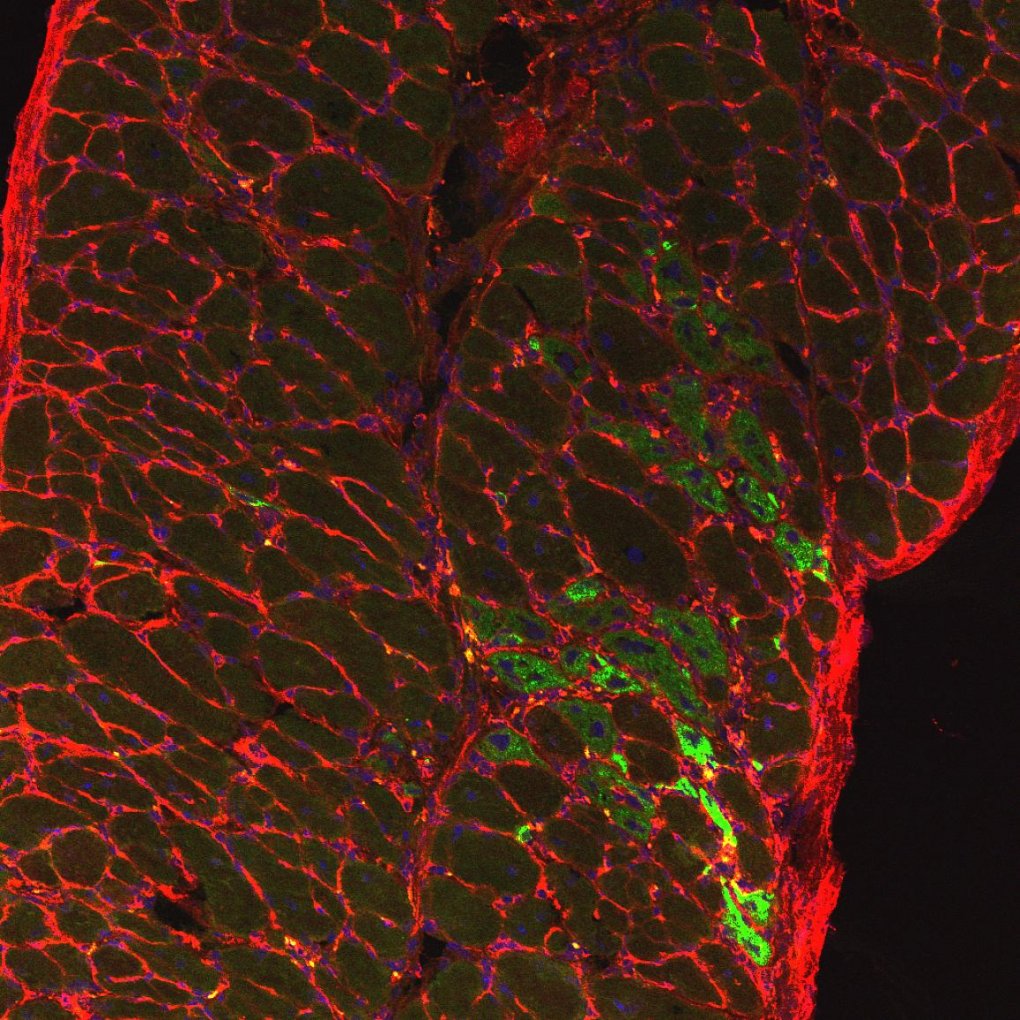Researchers aim to repurpose former experimental cancer therapy to treat muscular dystrophy
Duchenne muscular dystrophy is caused by a faulty gene that leads to progressive muscle weakness.
Researchers at the National Institutes of Health’s National Center for Advancing Translational Sciences (NCATS) and the University of Nevada, Reno School of Medicine (UNR Med) have demonstrated that a drug originally targeted unsuccessfully to treat cancer may have new life as a potential treatment for Duchenne muscular dystrophy (DMD).
The candidate drug, SU9516, represents a different kind of approach for treating DMD, a degenerative muscle disease that usually begins in childhood and has no known cure. It is caused by a faulty gene that leads to progressive muscle weakness, with death often occurring around age 25. Rather than trying to fix or replace the broken gene, SU9516 ramps up the muscle repair process, helping reinforce muscle structure.
This page was last updated on Friday, January 21, 2022
